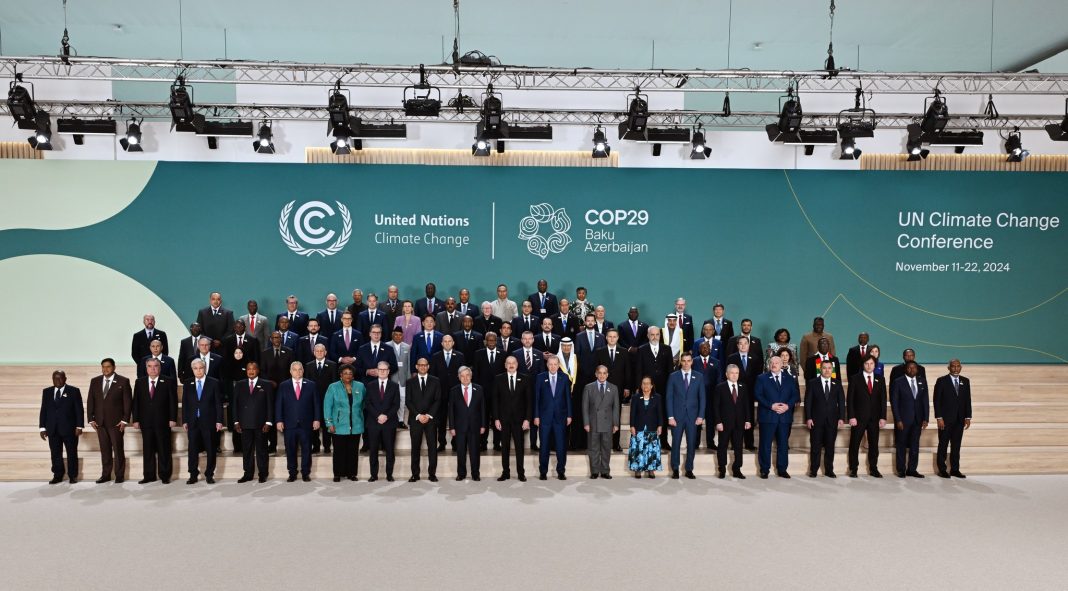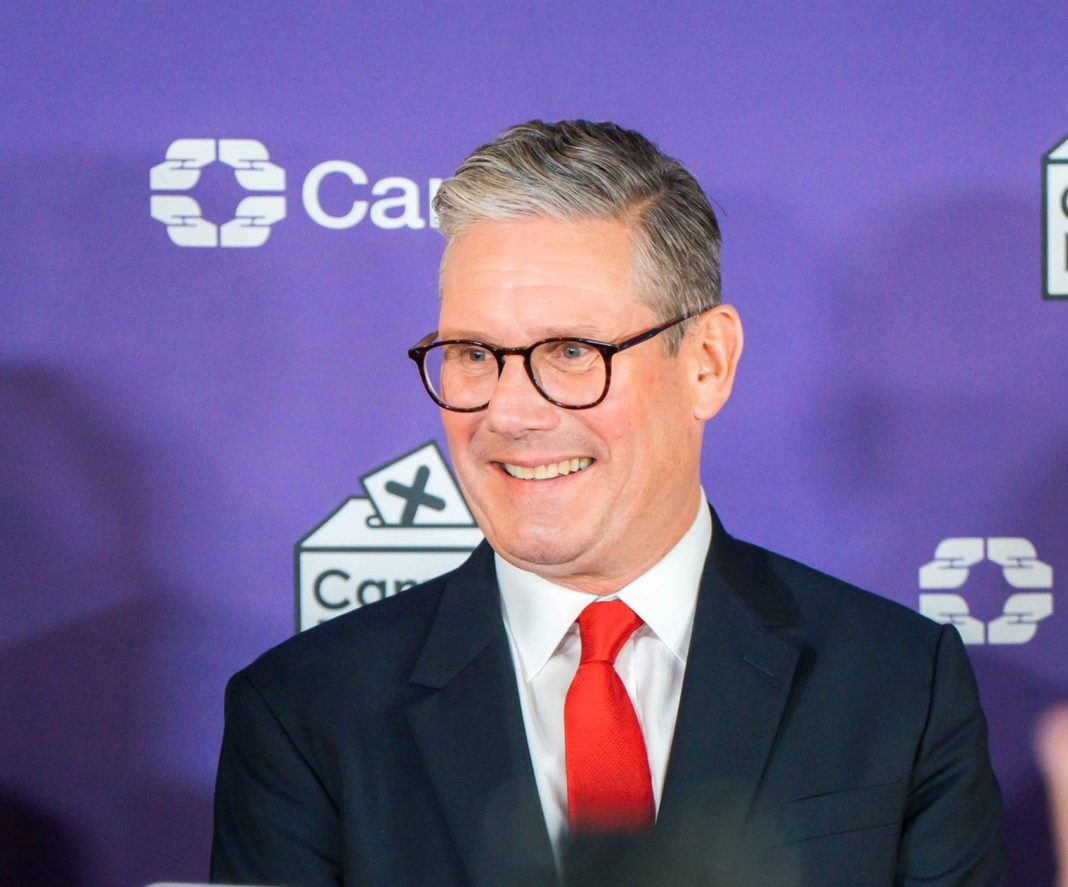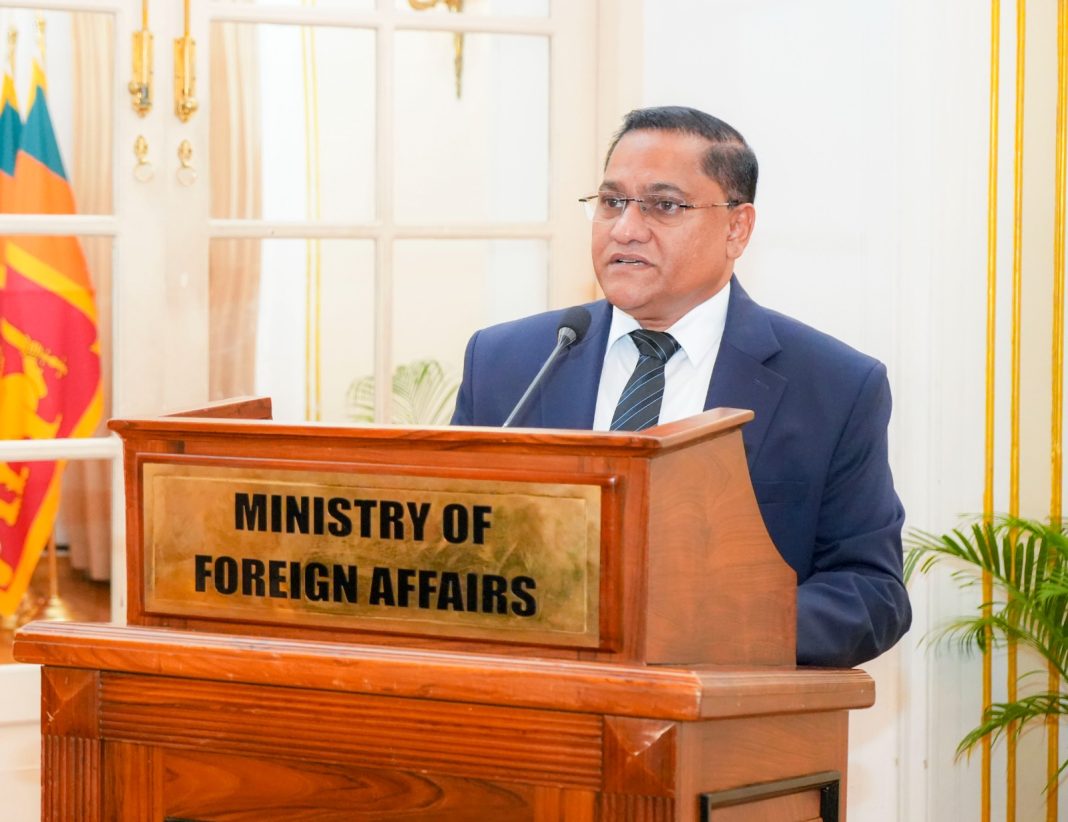Baku, Nov 12: In a landmark decision on the first day of the global climate talks here, COP29 has officially adopted the new operational standards for a mechanism of the Paris Agreement under Article 6, setting the stage for a global carbon market.
This adoption of article 6.4, achieved during the Conference of the Parties serving as the meeting of the Parties to the Paris Agreement (CMA), sets the stage for operationalising Article 6, which has faced years of deadlock.
Article 6 of the Paris Agreement facilitates international collaboration to lower carbon emissions.
It offers two pathways for countries and companies to trade carbon offsets, supporting the achievement of emission reduction targets set in their climate action plans, or nationally determined contributions (NDCs).
The first option, known as Article 6.2, allows two countries to establish a bilateral carbon trading agreement under their own terms.
The second, Article 6.4, seeks to develop a centralised, UN-managed system to enable both countries and companies to offset and trade carbon emissions.
The Article 6.4 Supervisory Body, tasked with creating a United Nations-governed carbon market, finalised essential standards covering carbon removal projects and methodology guidance.
These include guidelines on the development and assessment of methodologies and requirements for carbon removal activities. While previously delayed by conflicting views over transparency and quality, the early adoption of these standards is intended to streamline carbon market operations.
Despite the historic agreement, concerns arose over the process. Some delegates questioned whether the Presidency’s swift push to adopt these standards at the start of COP29 undermined traditional governance procedures.
Negotiations had previously faltered due to divergent views on how permanent and reliable carbon credits should be.
At COP28, disputes over forest credits and deforestation risks hindered progress, leading some stakeholders to worry that the expedited adoption at COP29 could set a precedent for sidestepping scrutiny.
Environmental organisations expressed cautious optimism.
John Verdieck, Global Climate Policy Lead at The Nature Conservancy, noted, “The Art 6.4 decision is a helpful start to COP29. We need every financial mechanism we can get to solve the climate crisis.”
Florence Laloe, Senior Director of Climate Policy at Conservation International, added that the adoption of standards under Article 6.4 moves the market closer to full operationalisation, helping overcome a procedural hurdle and enabling countries to address other critical issues at COP.
Experts also emphasised the need for continuous improvement. Dhruba Purkayastha from the Council on Energy, Environment and Water (CEEW) praised the methodological standards, especially the provisions for “downward adjustment” to ensure credible baselines.
However, he flagged remaining issues, such as the lack of clear standards for post-crediting monitoring periods and reversal risk assessments, which he noted are essential for long-term market reliability.
The Article 6.4 mechanism is seen as an important tool in bridging the climate finance gap.
As Laloe noted, “Science shows that it is mathematically impossible to meet global climate goals without nature.”
The mechanism aims to enhance climate finance flows to countries with carbon-rich ecosystems, supporting both environmental integrity and equitable access to funding.
Despite this achievement, significant elements under Article 6 remain unresolved, especially Article 6.2, which governs bilateral trades between countries.
The EU and the US remain divided over transparency requirements, and these talks will continue throughout COP29.
For Article 6.4, additional standards on insurance policies, stress testing of the Reversal Risk Buffer Pool, and monitoring frameworks are still needed to ensure rigor and investor confidence.
As negotiations advance, stakeholders urge continued commitment to a transparent, equitable, and functional global carbon market, stressing that the urgency of the climate crisis demands both ambitious action and robust oversight. (PTI)




